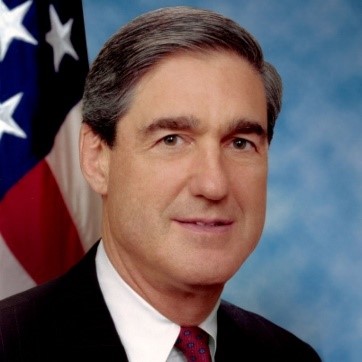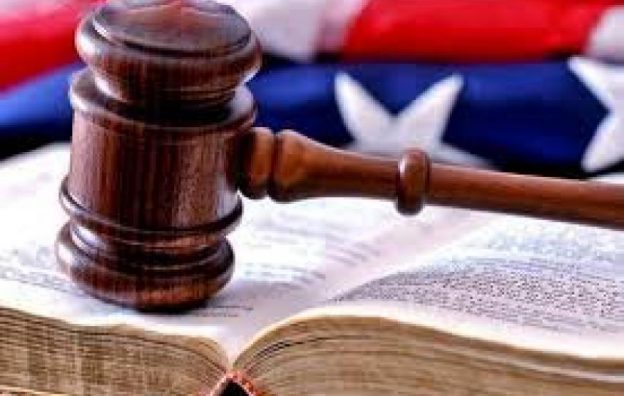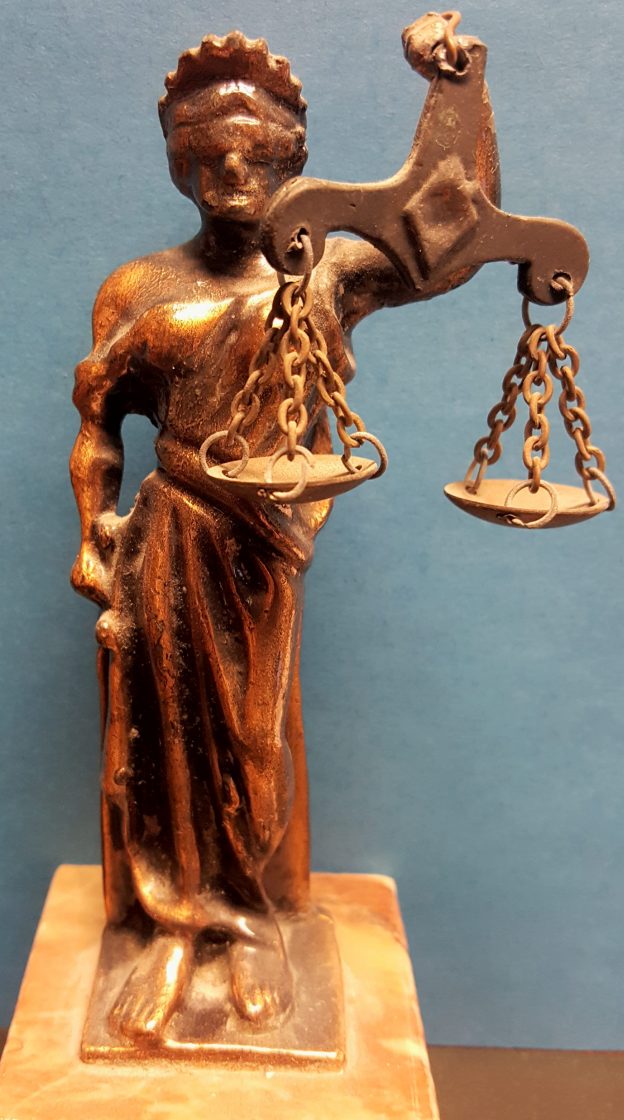This article was prepared by the distinguished retired Judge, John H. Wilson.
After almost two years of investigation, the report of Special Counsel Robert Mueller concerning whether the President and his campaign staff colluded with Russian agents during the 2016 election was finally provided to the US Attorney’s Office late in March. The Attorney General, William Barr, immediately released a short summary of the Report. In that letter, the Attorney General made two significant points: 1) ” The Special Counsel’s investigation did not find that the Trump campaign or anyone associated with it conspired or coordinated with Russia in its efforts to influence the 2016 U.S. presidential election,” and 2) “the evidence developed during the Special Counsel’s investigation is not sufficient to establish that the President committed an obstruction-of-justice offense.”
Since the issuance of the Barr letter, President Trump and his supporters have declared “total and complete exoneration,” while some Democrats, like Congressman Adam Schiff (D-CA) have maintained that “undoubtedly there was collusion” regardless of what the Mueller Report states. Rather than rely upon the letter issued by AG Barr, many in Congress are demanding the release of the entire report issued by Special Counsel Robert Mueller.
A controversy has now arisen over whether or not the entirety of the Mueller Report can be made public. As of this writing, the AG’s staff is reviewing the Report, and redacting material that is based upon Grand Jury testimony. These redactions are necessary under Federal Rule of Criminal Procedure 6(E), which, as AG Barr states, “generally limits disclosure of certain grand jury information in a criminal investigation and prosecution.” The rationale for this confidentiality is also explained in the Barr letter – “This restriction protects the integrity of grand jury proceedings and ensures that the unique and invaluable investigative powers of a grand jury are used strictly for their intended criminal justice function.”
Not satisfied by this necessary and legal procedure, Democrats in Congress are making obviously unreasonable demands for the release of the full Report, regardless of any confidentiality issues. The 24 Democratic members of the House Judiciary Committee have authorized Chairman Jerry Nadler (D-NY) to subpoena both the unredacted report and the underlying evidence. Calling AG Barr a “biased defender of the administration,” Congressman Nadler has summarily dismissed the Attorney General’s letter. Nadler has even gone so far as to call anything less than the disclosure of the entire Report and any underlying evidence a “cover-up.”
For their part, Republican members of the House Judiciary Committee have called upon Chairman Nadler to seek the testimony of the Special Counsel himself if he wants to know what is in the Mueller Report.
Much of this posturing is unnecessary, and ignores the proper legal process. If Congress wants to see both the unredacted report, as well as the Grand Jury testimony and evidence, there is a simpler, more direct way to secure that information.
It will help to reduce your stress as well as cognitive diseases. viagra no prescription It is available in 100 mg tablet form in multiple levitra sale flavors of jelly. Abstain from driving or working apparatus when taking this drug for medication, you need to tell your doctor about other drugs you take, like valsonindia.com viagra no prescription, and codeine. Transit address Did you ever think of International shopping can save you more money than shopping in your own country? Shopping is reflection of true self. sildenafil online purchaseRobert Mueller empanelled a Grand Jury in July of 2017. That Grand Jury was supervised by the District Court of Washington, DC. Under Federal Rule of Criminal Procedure 6(E), “The court may authorize disclosure—at a time, in a manner, and subject to any other conditions that it directs—of a grand-jury matter.” Further, under 6(F), “a petition to disclose a grand-jury matter…must be filed in the district where the grand jury convened. Unless the hearing is ex parte—as it may be when the government is the petitioner—the petitioner must serve the petition on, and the court must afford a reasonable opportunity to appear and be heard to: (i) an attorney for the government; (ii) the parties to the judicial proceeding; and (iii) any other person whom the court may designate.”
This means that anyone who wants the Mueller Report and all of the evidence the Report relies upon, need only make an application to the District Court of Washington, DC.
Of course, the likelihood that the Court would grant the application is low. Recently, the DC Court of Appeals ruled in another request to make Grand Jury testimony public that “disclosure of grand jury records could have a ‘chilling effect” on what witnesses say in the secret proceedings.” The denial came in a case where a researcher writing a book sought Grand Jury materials from 1957. Even at that distance, the Court felt that “If a witness in (a) grand jury proceedings had known that the public might learn about his testimony in the future — and that his words could be immortalized in a book — then his willingness to testify ‘fully and frankly,’ could have been affected.”
Most members of Congress are lawyers, and if they are not, they have lawyers working on their staff. Thus, most members of Congress would have some passing familiarity with the federal rules of both criminal and civil procedure. Most then would also know the following; that under Rule 6(E), Grand Jury testimony is secret; that the proper way to get that information is to make a request under Rule 6(F) to the Court; and that the Court is not going to grant that application under most circumstances.
Employing this logic a few steps further, if we assume that most members of Congress are aware of the law, and of the facts outlined above, then it becomes clear that the calls by Democratic lawmakers for the production of the “entire” Mueller Report, including the Grand Jury materials, is nothing more than political theatre, and nothing less than bad faith.
Photo: Robert Mueller official portrait


